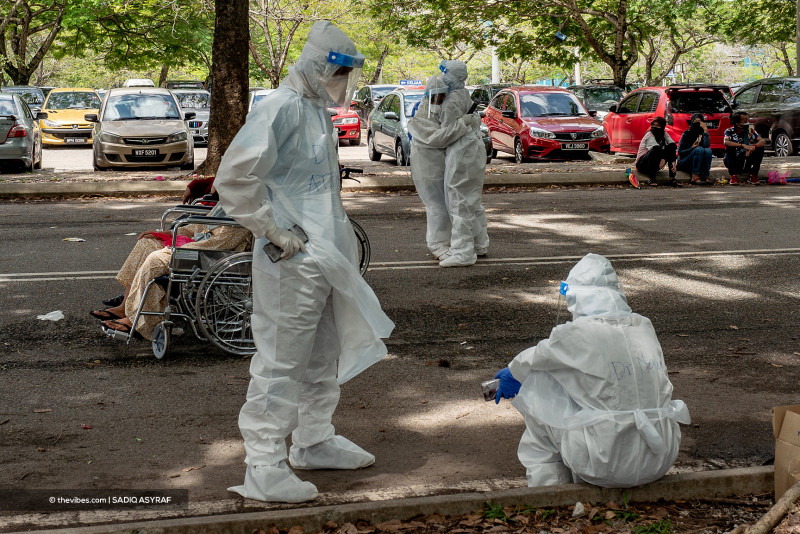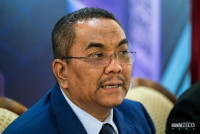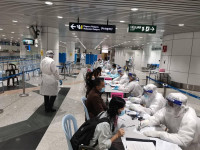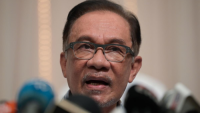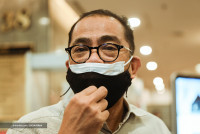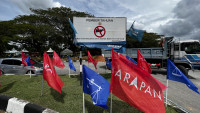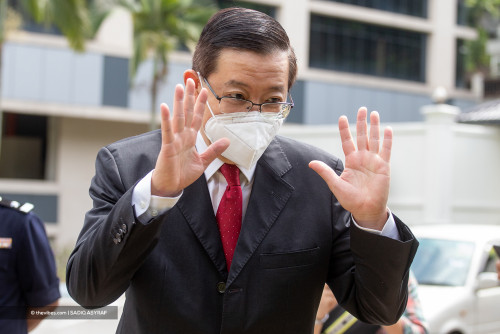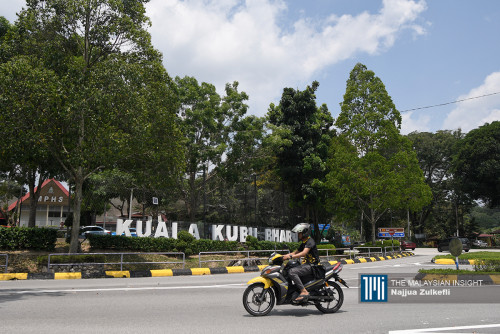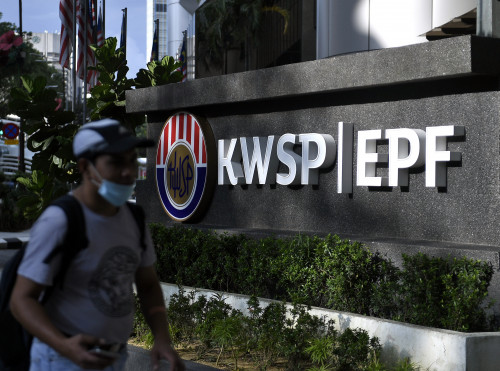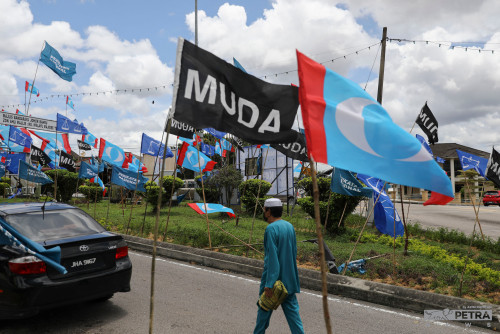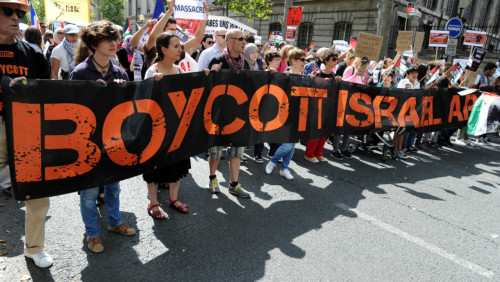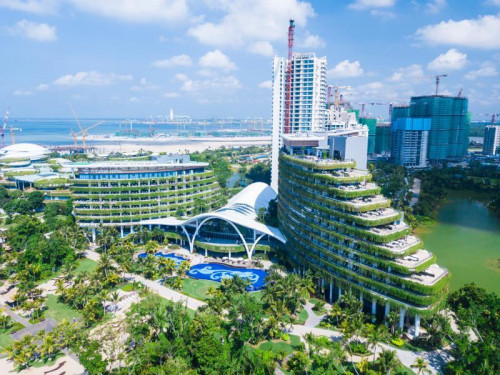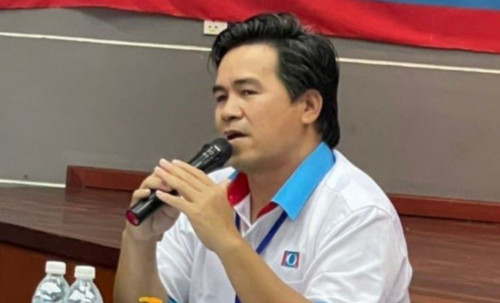KUALA LUMPUR – Malaysia had a milestone of zero locally transmitted Covid-19 cases in July last year, but now, the country barrels past the one million mark, as daily infections continue in the five digits.
How did Malaysia get here so fast? How did a country that was credited as managing the pandemic so well become one that is staring down a crumbling healthcare system and rising deaths?
1st Covid-19 case, 1st death, 1st MCO
The first known Covid-19 case in Malaysia was detected on January 25 last year, when three Chinese nationals from Wuhan, China, entered the country via Johor from Singapore.
The three tourists were treated at Sg Buloh Hospital in Selangor, which later became the main Covid-19 hospital in the country.
On March 17 last year, a 60-year-old pastor from Sarawak became the first Covid-19 patient to die in Malaysia.
Then newly minted Prime Minister Tan Sri Muhyiddin Yassin implemented a movement control order (MCO) the next day to contain the pandemic and curb the spread of the coronavirus.
A few months into the war, cases dipped to single digits and MCO 1.0 ended on June 9 last year. It was then replaced by the recovery MCO.
All praises for Malaysia, Health DG
While neighbouring Singapore and Indonesia were struggling to handle the pandemic in the middle of last year, Malaysia was doing exceptionally well with its effective and robust response.
The country even earned praise and international recognition from the World Health Organisation (WHO).
Health Director-General Tan Sri Dr Noor Hisham Abdullah quickly became a national hero and was showered with praises at home and abroad.
China Global TV Network even named him as one of the world’s top doctors for his pandemic management.
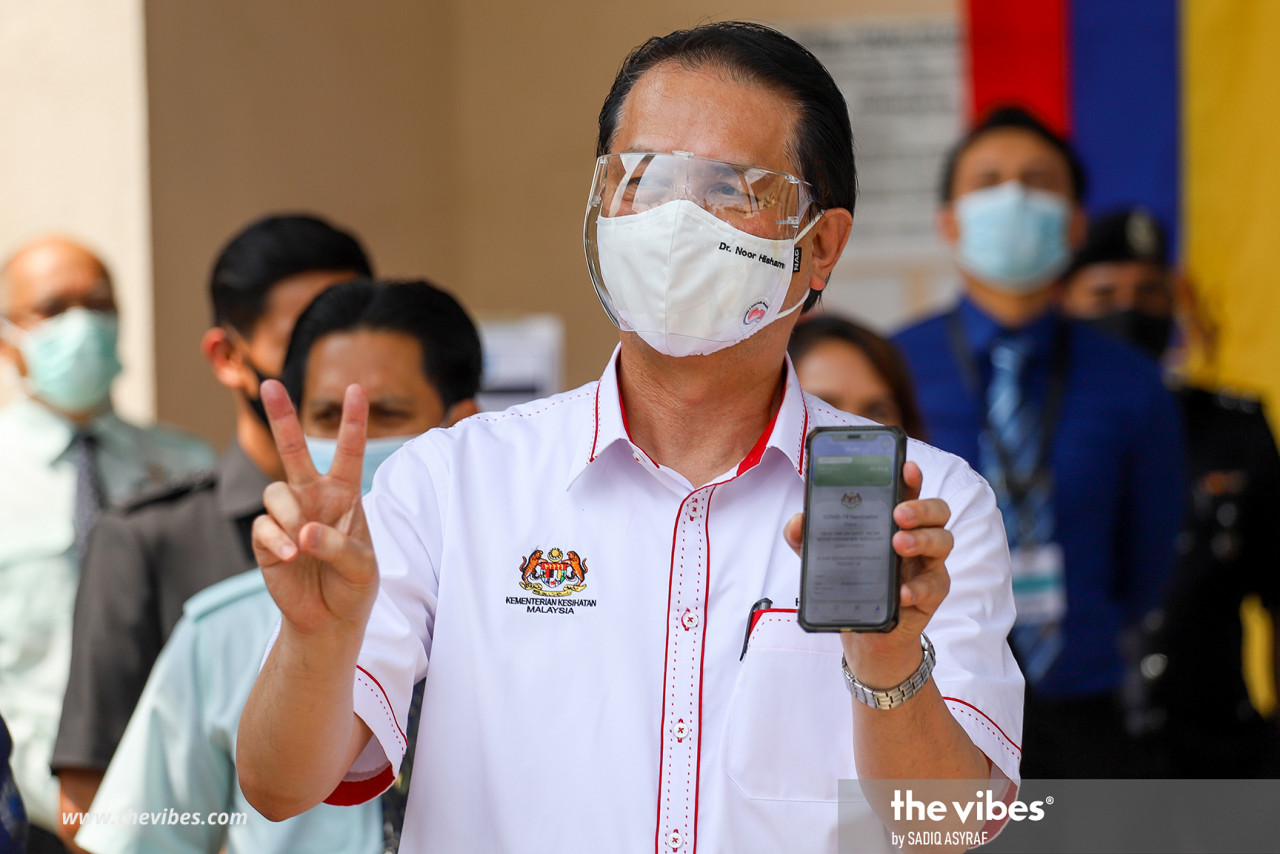
Sabah election: terrible turning point
However, the shower of compliments did not last for long.
Despite the ongoing pandemic and warnings of a likely surge in infections, Sabah went ahead with its election on September 26.
Dr Noor Hisham was reported as saying that the pandemic situation in Sabah, at that time, was under control and did not warrant a postponement.
After the polls – which saw the victory of the Gabungan Rakyat Sabah coalition – Sabah began recording three-digit daily caseloads.
It was much later after the polls that the government implemented mandatory quarantine and travel restrictions for those entering the peninsula from Sabah.
By then, the Covid-19 cases had already trickled in to the rest of the country, resulting in a surge in clusters.
Speaking in a televised broadcast on November 18, Muhyiddin finally admitted that the Sabah election was the cause of the new wave of infections in the country.
Since then, the country is seen as losing its grip on the pandemic, as cases continue unabated despite lockdown measures.
On Christmas Eve, Malaysia surpassed 100,000 Covid-19 cases cumulatively, and on the last day of the year, it had a death toll of 471.
Emergency and half-baked SOPs
On January 12, Yang di-Pertuan Agong Al-Sultan Abdullah Ri’ayatuddin Al-Mustafa Billah Shah declared a nationwide state of emergency, which will end on August 1.
Muhyiddin said this is an attempt to save the nation from Covid-19, and allow the healthcare system to cope.
The proclamation of emergency also saw the suspension of Parliament, earning rebuke from the opposition.
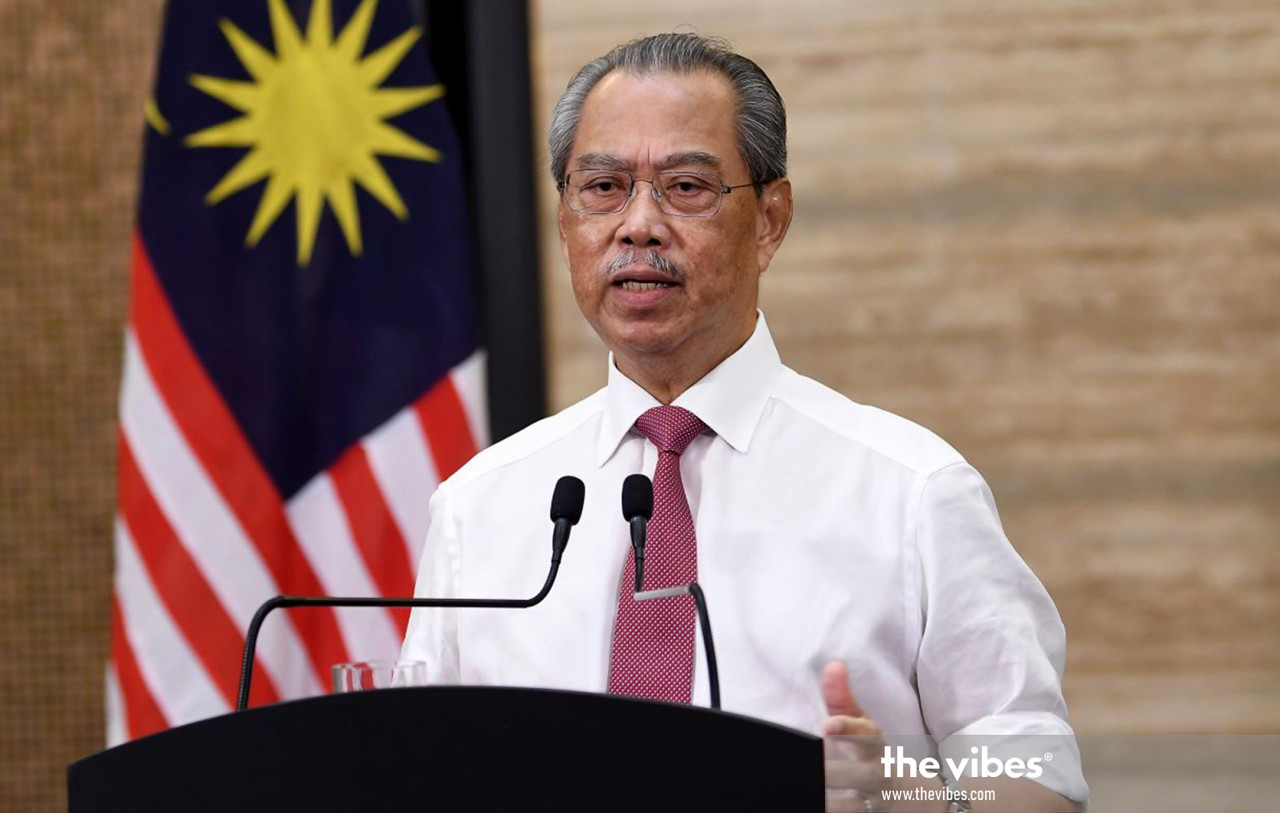
Once a slight dip in cases was recorded, Muhyiddin moved to reopen the economy and schools.
Unfortunately, by May, the daily caseload spiked threefold from about 3,000 to more than 9,000 by the end of the month.
To add insult to injury, on May 28, the prime minister announced a nationwide total lockdown from June 1 onwards.
This did not buy the government brownie points, as business owners continue to plead their cases and Malaysians vent their anger at Covid-19 standard operating procedure (SOPs) and policy flip-flops, as well as the perceived double standards.
Many questioned the government over its double standards in allowing factories and industrial sectors – among the main contributors to the rise in Covid-19 cases – to operate, while small businesses suffer, with many having to shutter for good.
In another address on June 15, the prime minister took to the podium to announce a four-phase National Recovery Plan (NRP) that involves transitions in the MCO.
‘Malaysia is now like Italy 2020, India 2021’
As told through stories, images and audio recording, medical frontliners are stretched to the limit and the healthcare system is on the brink of collapse, likened to a sinking ship.
A 15-minute Projek Bangsa Malaysia video, which features audio clips of medical frontliners, describing the reality of the healthcare system made the rounds on social media.
“You want to imagine what is happening in Malaysia? We are already in Italy, 2020. We are already in India, 2021.”
An anonymous voice alleged that they were not receiving help from the Health Ministry (MoH) and are “dying in this battle”.
Another frontliner alleged that MoH does not report patients who have died of other causes even if they were infected by Covid-19.
On July 7, MoH data revealed that hospitals in Selangor, Kuala Lumpur, Negri Sembilan, and Labuan have surpassed their limits in treating Covid-19 patients, as new cases continue to rise.
On July 2, the National Crisis Preparedness and Response Centre reported that the number of “brought-in-dead” cases had gone up sevenfold from 35 in April to 246 in June.
Meanwhile, 39,168 police personnel, their family members, and close contacts had contracted Covid-19 between March last year and July 22.
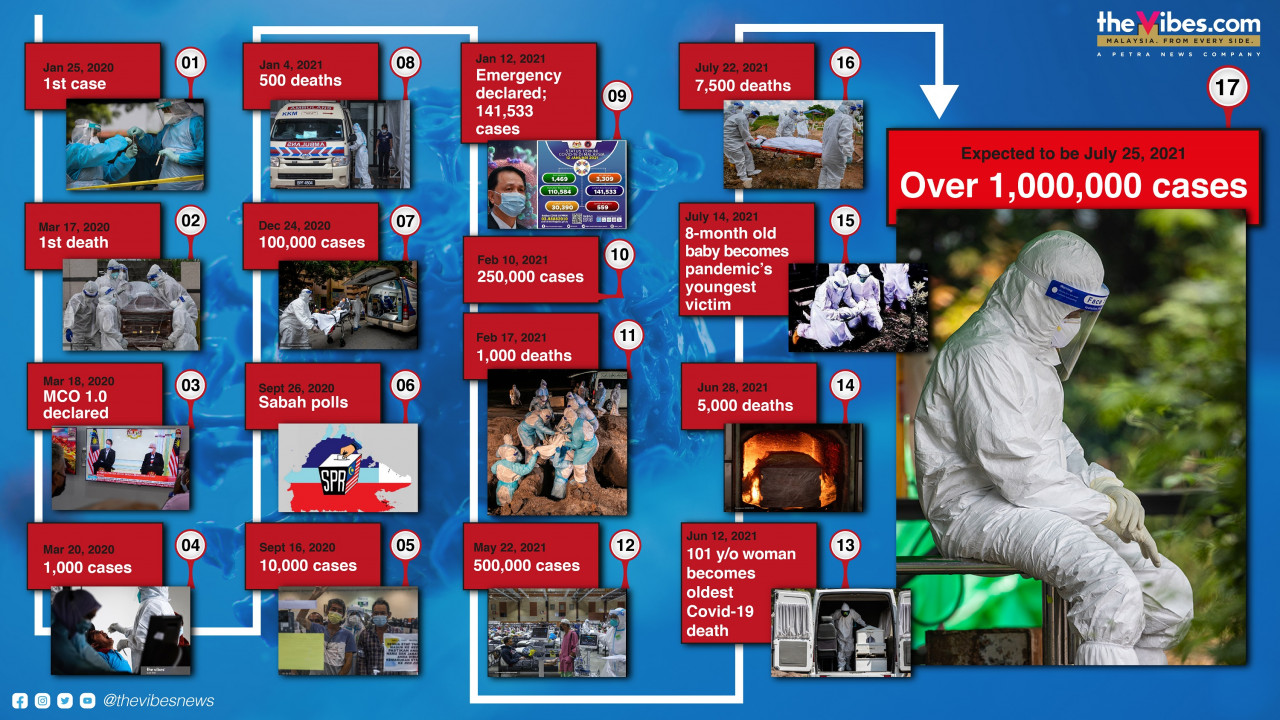
Revved up vaccination: How fast can it turn things around?
The vaccine roll-out via the National Covid-19 Immunisation Programme, which began on February 24, has been ramped up with the arrival of a large amount of vaccines.
As of July 24, Covid-19 vaccine brands that are being administered in Malaysia are AstraZeneca, Pfizer-BioNTech and Sinovac.
Duopharma Biotech, through its wholly owned subsidiary Duopharma (M), has also signed an agreement with the government to supply 6.4 million doses of the Sputnik V vaccine to Malaysia.
MoH has also granted conditional approval for emergency use to the Cansino, Sinopharm, and Johnson & Johnson vaccines.
The programme’s coordinating minister, Khairy Jamaluddin, has recently started Operation Surge Capacity aimed at ensuring every adult resident in Selangor and Kuala Lumpur will get their first Covid-19 jab by August 1.
Malaysia, so far, has maintained an average of more than 400,000 jabs a day, as more supplies are expected to arrive next month.
According to Oxford University’s Our World in Data website, Malaysia’s daily Covid-19 vaccination rate is now higher than the fastest rate recorded in many countries, including the United States (US).
Its daily vaccination rate per 100 people reached a high of 1.27 on July 19 – which is higher than the US, which recorded an all-time high 1.01 doses per 100 people on April 13.
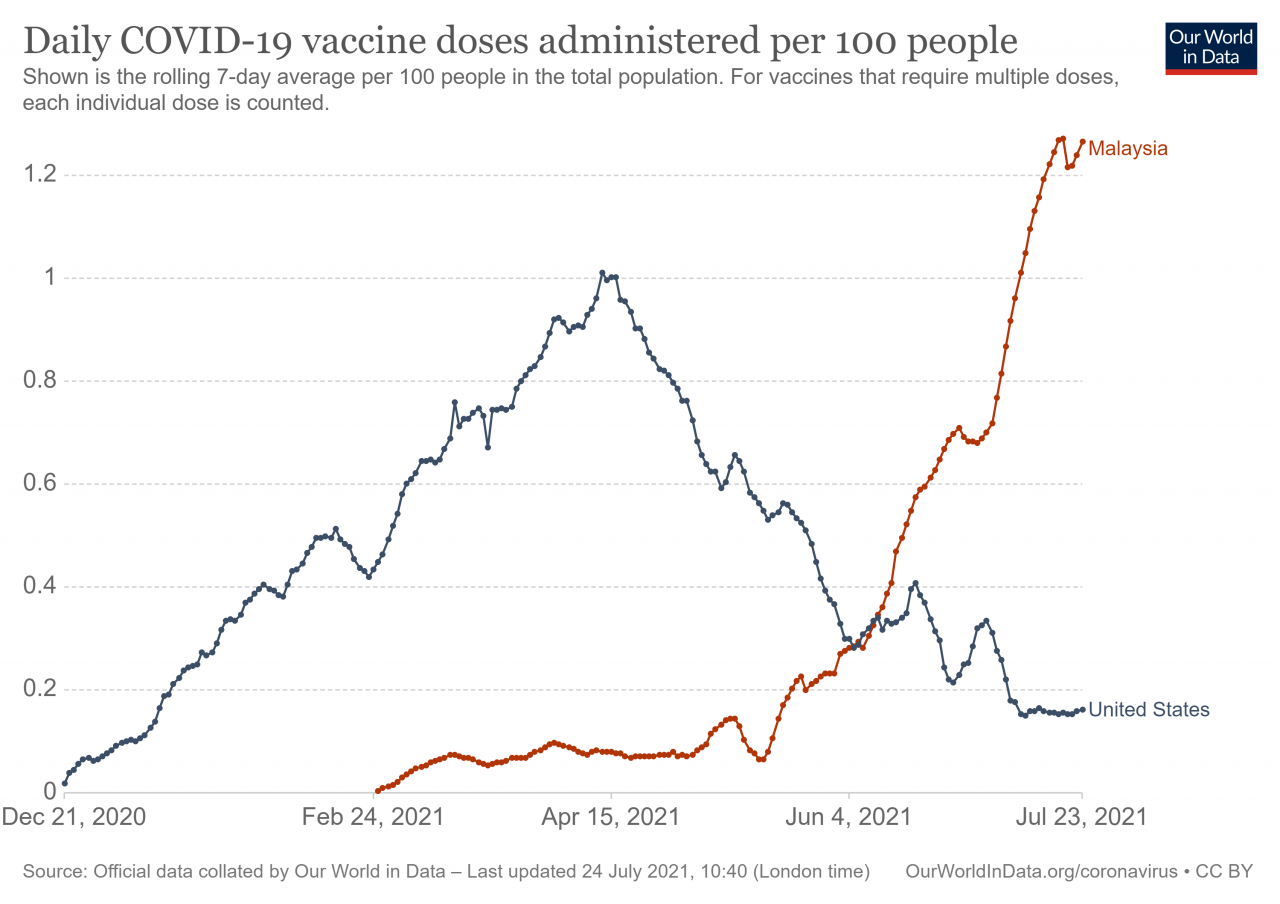
However, the spike in daily cases comes even as the country speeds up its inoculation exercise and imposed stricter lockdown SOPs over the past seven weeks, which has shown no signs of meeting government targets.
As of yesterday, more than 996,000 people have been infected with Covid-19 in Malaysia, 416,931 cases (41.8%) of which have been reported since the start of the full lockdown on June 1.
More than 7,900 people have succumbed to Covid-19 in Malaysia, 5,035 deaths (63.71%) of which have been reported during the full lockdown.
This translates to an average of 93 Covid-19-positive people dying a day since the lockdown began.
Now, how fast can the vaccination drive help turn things around?
When will Malaysia turn the corner?
Numerous special task forces have been formed to strengthen steps to manage the pandemic in the country.
The Greater Klang Task Force has been established to work with economic sectors to ensure they are more accountable for workplace safety as more and more clusters are recorded there.
In addition, a National Recovery Council chaired by Muhyiddin has also been set up to ensure the NRP will proceed smoothly.
Finance Minister Datuk Seri Tengku Zafrul Tengku Abdul Aziz said representatives from opposition parties and experts from various industries have been invited to be part of the council.
MCO, emergency MCO, state of emergency, total lockdown, more phases and “plans” – are these measures targeted towards the real source of the surge in Covid-19 infections? Can they truly save the nation, or are they merely to save one’s political life as alleged?
The people cannot go on this way. The unemployed are hungry, with more and more hoisting the white flag asking for help.
For now, a glimmer of hope remains with Malaysians as they chip in to help each other despite personal challenges. – The Vibes, July 25, 2021



